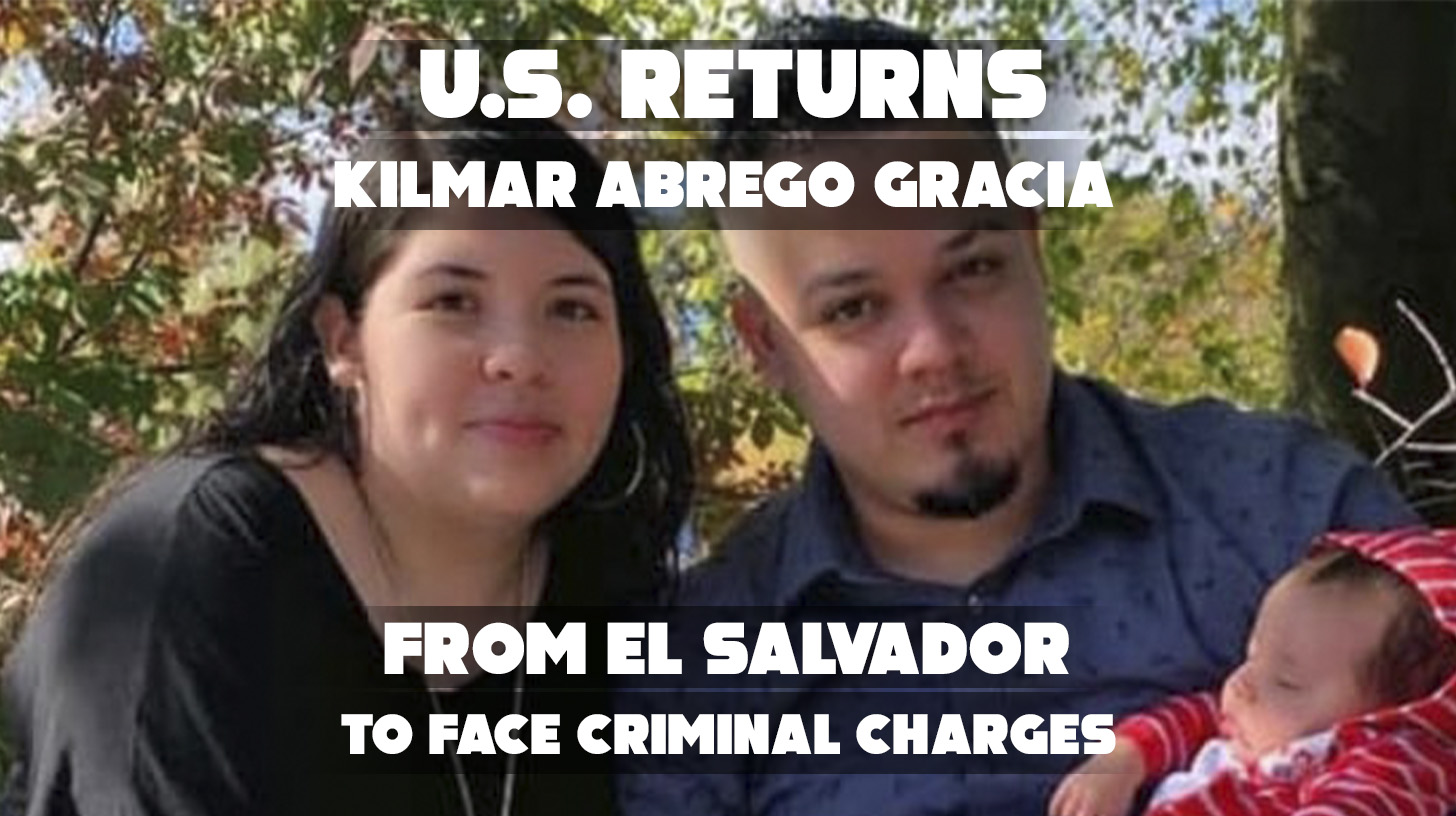Kilmar Abrego Garcia, a Salvadoran national who was mistakenly deported from the United States to El Salvador earlier this year, has been returned to the U.S. to face federal criminal charges.
His case has sparked widespread attention due to the controversial circumstances surrounding his deportation, legal battles over his return, and serious allegations of human smuggling and gang involvement.
As Abrego Garcia appears in court in Tennessee, the situation raises important questions about immigration enforcement, judicial authority, and due process in the U.S. immigration system.
A Mistaken Deportation Reversed Amid Serious Allegations
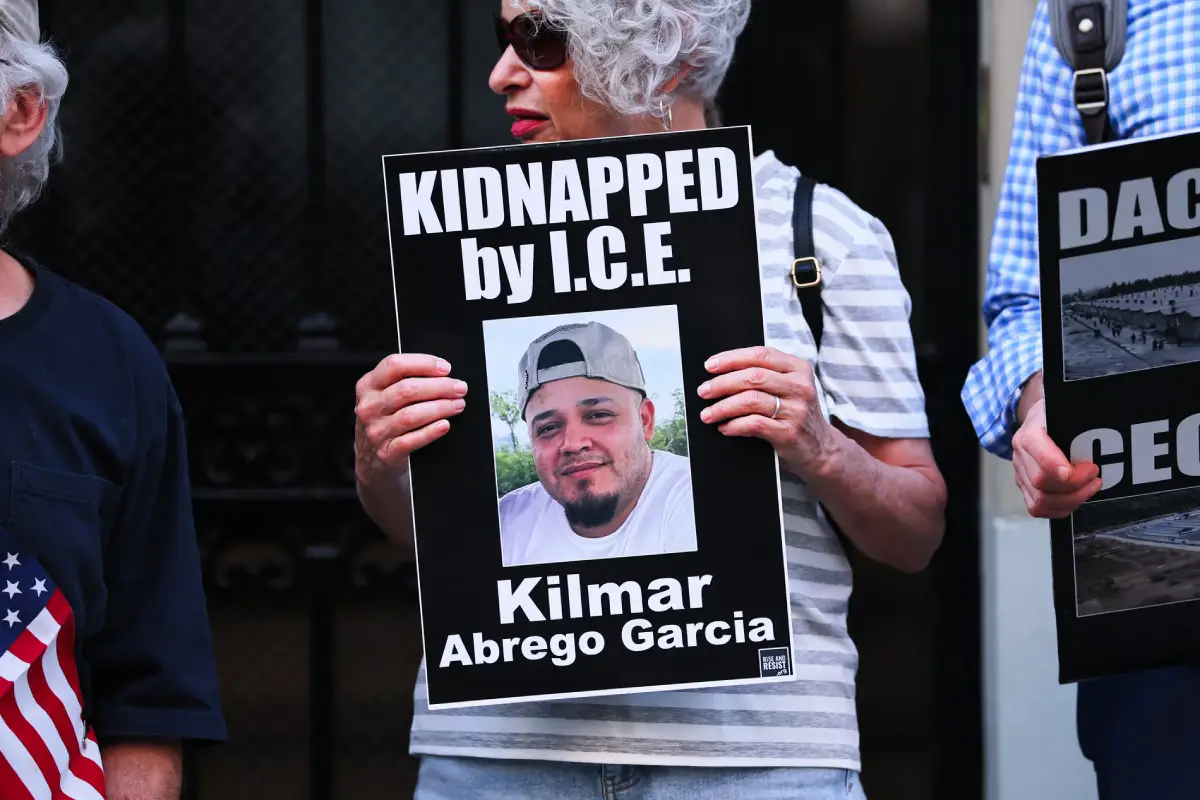
According to a federal indictment filed in Tennessee, he is accused of operating a large-scale smuggling ring from 2016 to 2025, transporting thousands of undocumented migrants—including women, children, and alleged gang members—across the U.S.
Prosecutors allege that he made over 100 trips between Texas and Maryland, utilizing modified vehicles and coercive methods to maximize profits.
Additional allegations include soliciting explicit images from a minor, abusing women, and involvement in a retaliatory murder. His operation has been linked to a 2021 deadly vehicular accident in Mexico that resulted in over 50 migrant deaths.
Abrego Garcia, who was mistakenly deported from Maryland to El Salvador in March 2025 under the Trump administration’s “alien enemies” policy, has now been brought back to the U.S.
The deportation violated multiple court orders, including a 2019 ruling that barred his removal due to risk of persecution. This error sparked intense debate over legal rights and due process.
Facing Federal Criminal Charges
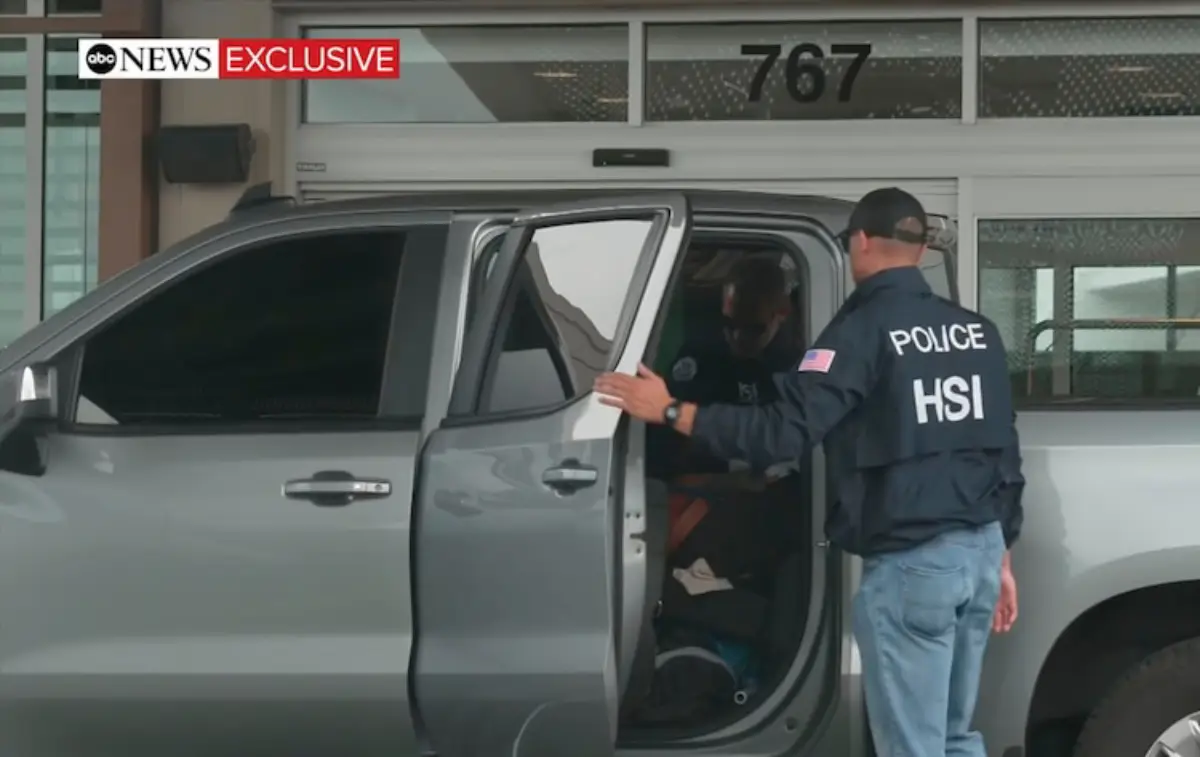
Back on U.S. soil, Abrego Garcia is confronting federal charges accusing him of operating a vast human smuggling network since 2016.
Prosecutors allege he coordinated the illegal transport of migrants from Central America through Mexico into the United States using covert methods, including modified vehicles and coercion.
The indictment links him to MS-13, a violent gang labeled a terrorist organization by the U.S. government, and connects him to a fatal car crash in Mexico involving multiple deaths.
Legal Experts Comment
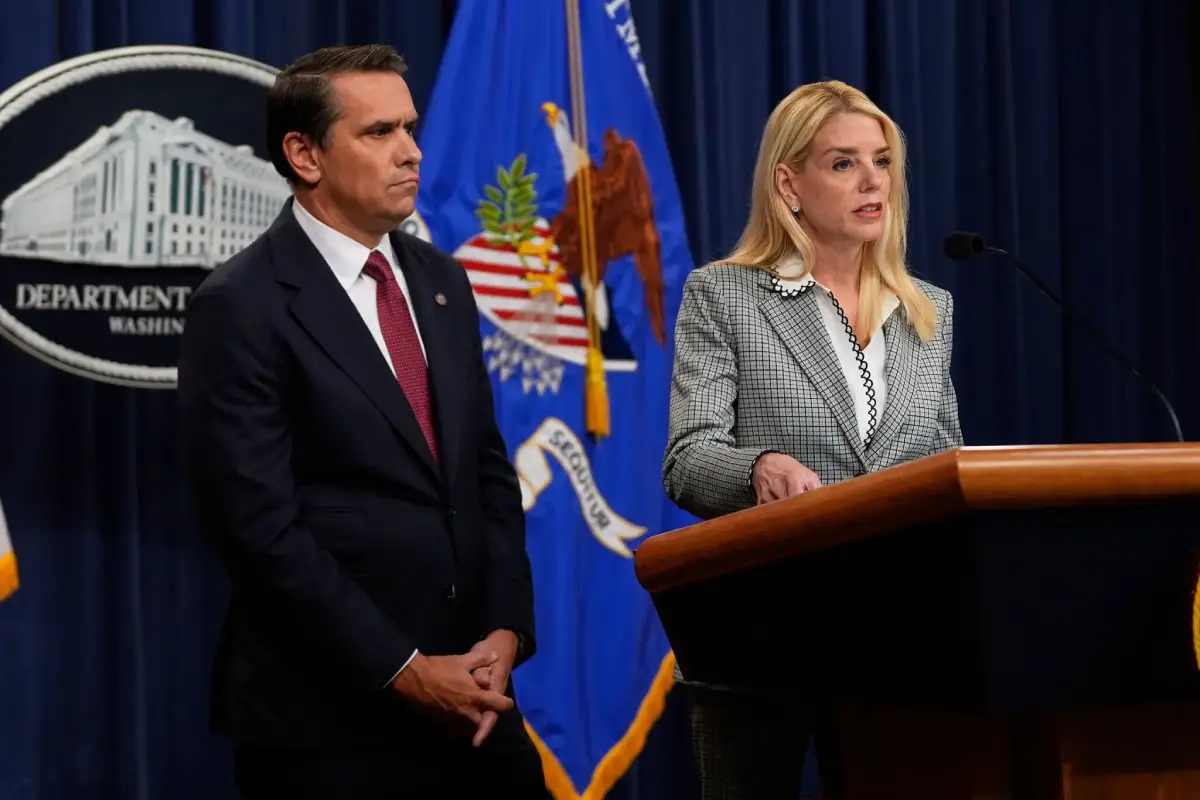
Legal experts have weighed in on the case, emphasizing the broader implications for immigration enforcement and the rule of law. They note the challenge of balancing national security concerns with individual rights in complex cases like this.
One legal analyst familiar with the matter commented on the significance of the recent developments:
“This case highlights the complexity of immigration enforcement and the need to balance national security with individual rights,”
said a legal analyst familiar with the case.
“Returning Garcia to face charges restores the rule of law after a flawed deportation process.”
Similarly, Garcia’s defense team has maintained that the charges against him are politically motivated. His attorney emphasized the importance of upholding justice and human rights, stating:
“Justice can only be served through respect for laws and human rights. The illegal deportation was a blatant violation of these principles, and we hope the court will uncover the truth.”
Next Steps
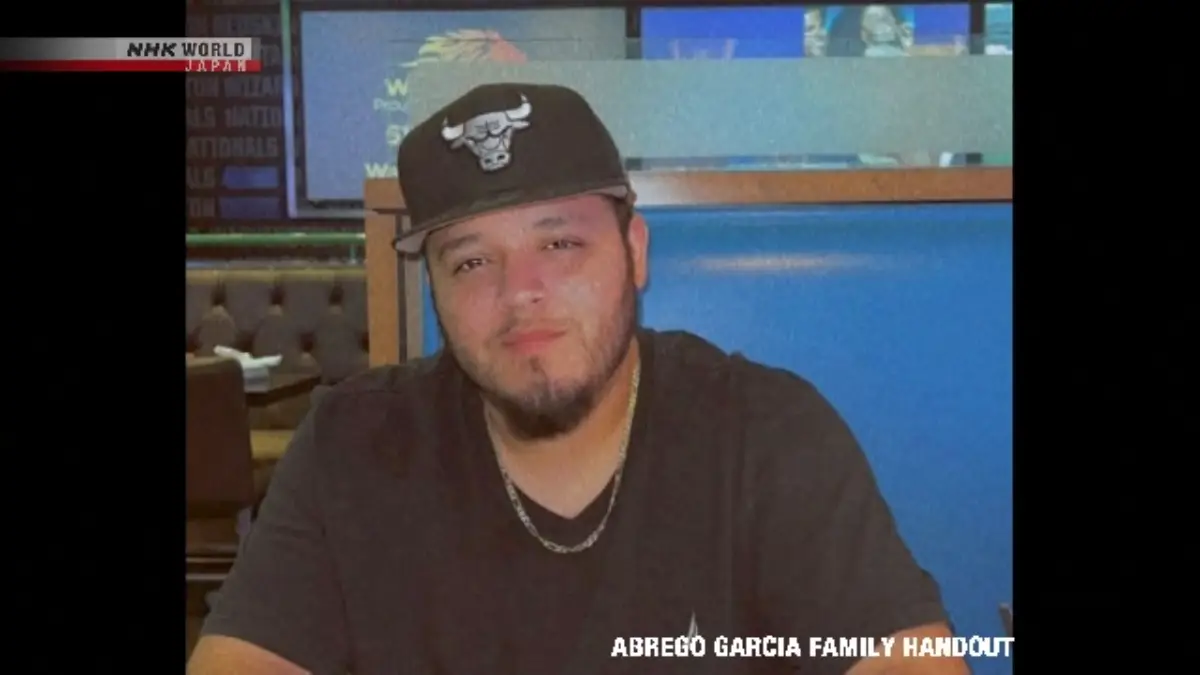
Abrego Garcia appeared in federal court in Tennessee on June 6, where he responded in Spanish that he understood the charges against him. He is scheduled for arraignment on June 13 and remains in federal custody pending a detention hearing.
If convicted, he faces up to 10 years in prison per count, and possible re-deportation to El Salvador after serving his sentence.
The case remains a flashpoint in debates over immigration policy, government accountability, and the balance of executive power and judicial authority.


